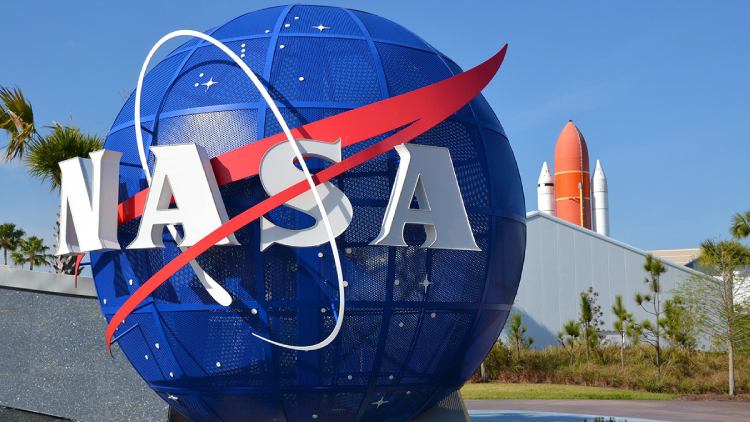NASA funds study to address the space junk challenge
Sun 18 Sep 2022
Washington: NASA has announced funding three studies to understand the growing problem of space junk to analyse the economic, social and policy issues associated with space sustainability.
Bhavya Lal, the associate administrator for the Office of Technology, Policy, and Strategy (OTPS) at NASA, said that orbital debris is one of the great challenges of our era.
“Maintaining our ability to use space is critical to our economy, our national security, and our nation’s science and technology enterprise,” Lal said.
“These awards will fund research to help us understand the dynamics of the orbital environment and show how we can develop policies to limit debris creation and mitigate the impact of existing debris,” she added.
Orbital debris consists of human-made objects orbiting Earth that no longer serve a purpose, including mission-related and fragmentation debris, nonfunctional spacecraft, and abandoned rocket stages.
NASA takes the threat of orbital debris seriously as these objects can endanger spacecraft, jeopardize access to space, and impede the development of a low-Earth orbit economy, including commercial participation.
These new awards will fund research that supports the agency’s commitment to addressing the problem.
A Bengaluru-based startup said it is on a mission to compile data on space debris.
The startup is set to send 40 satellites that are going to study data on space junk in low-earth orbit (LEO). The satellites are scheduled to be launched early next year.
About NASA
The National Aeronautics and Space Administration is America’s civil space program and the global leader in space exploration. The agency has a diverse workforce of just under 18,000 civil servants, and works with many more U.S. contractors, academia, and international and commercial partners to explore, discover, and expand knowledge for the benefit of humanity.
NASA also leads a Moon to Mars exploration approach, which includes working with U.S. industry, international partners, and academia to develop new technology, and send science research and soon humans to explore the Moon on Artemis missions that will help prepare for human exploration of the Red Planet. In addition to those major missions, the agency shares what it learns so that its information can make life better for people worldwide. For example, companies use NASA discoveries and technologies to create new products for the public. To ensure future success for the agency and the nation, NASA also supports education efforts in STEM with an emphasis on increasing diversity in our future workforce.
Source: Agencies

 Apr 19 2024
Apr 19 2024













